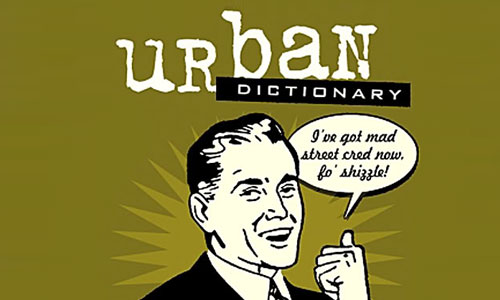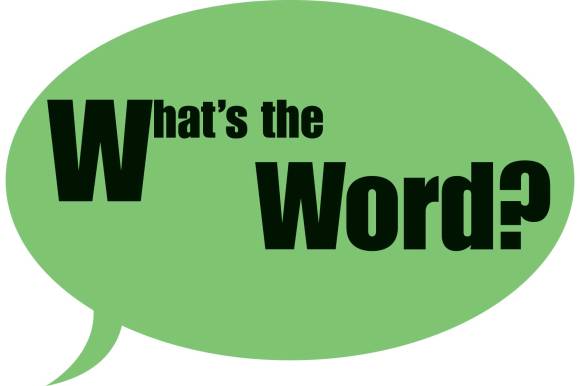In the past month, the Collaborative Services blog talked about words and word choice. Obviously, as professional communicators, we’re big on words. But words by themselves are just tools. The best screwdriver in the world can’t accomplish anything by itself. It needs someone to turn it, and it requires at least a tiny bit of skill to do so effectively.
That’s why word choice is key. It’s so important, in fact, that we would go as far as saying that words – by themselves – don’t matter. It’s context that matters.
Words only take on power when we string them together in meaningful ways. A word by itself is just a combination of letters. A code. But words in the right kind of sentence can suddenly become anything we want them to be: persuasive, compelling, inspiring, moving, disturbing, fun, right.
Use the words “dinner” and “six” for example:
“The homeless man always ate dinner at six.”
Not the most scintillating sentence. But use the same two words in another context and they take on more significance:
“For the homeless man, dinner consisted of six M&Ms.
All of this is to say, words can only provoke an emotion when they are put into some kind of context. And the cool thing about word choice is that this works with just about any word. Even the word “word,” the most generic unit of language, can take on nuanced meanings depending on how it is used. Take these examples, based on the entry for “word” in Wordnik.com:
It can mean a favorable recommendation: I put in a good word for him.
Or imply a personality trait: He’s a man of few words.
It can refer to news: I just received word from the front.
Or just a rumor: Word has it, Billy failed his driver’s test.
Then there’s slang. The Urban Dictionary has no fewer than 87 “definitions” for the word “word.” Most of them stopped being hip at least 10 years ago, so use them at your own risk.
They generally refer to utterances of agreement or affirmation, a kind of “gangsta’s amen.” For example:
“That band was tight.”
“Word.”
The Online Slang Dictionary notes that you can also use “word” as a question, or challenge of veracity:
“I just met Beyonce!”
“Word?”
Helpful hint: “Word” can also serve as the proper response after it is used as an interrogatory:
“I just ate 12 hamburgers!”
“Word?”
“Word!”
Some believe that the root of this slang usage comes from the phrase “My word is my bond.” When used in that context, it basically means: “I speak the truth,” or “You can take what I tell you at face value.”
Interestingly, not everyone agrees on the origin of that phrase. It is often first cited as the motto of the London Stock Exchange beginning in the early 1800s. We’re skeptical, but intrigued, by Urban Dictionary’s theory that it was originated by inmates in U.S. prisons.
So, in the end, do words matter? Well, they do up to a point, about as much as a hammer sitting in a toolbox matters. But take that hammer out, put it in the hands of a skilled carpenter, add nails and wood, and it can help build a house (or as the Urban Dictionary would call it, a crib).
It’s the words that you choose, and how you use them, that matter.
And to that end, we want to thank the experts of word choice who contributed to our blog this month. They are:
Speechwriter, author and professor Robert Lehrman.
Editor at Large at Merriam-Webster Peter Sokolowski .
All of this brings us to next month’s topic, which is “Acronyms, Jargon and Slang,” and how they can get in the way of communicating your message. Acronyms can be inscrutable, jargon can be eye-glazing and slang, well, you don’t want to sound unhip, do you?
Just take our word for it.
Jonathan Heller, Director of Communications
Collaborative Services, Inc.





Recent Comments